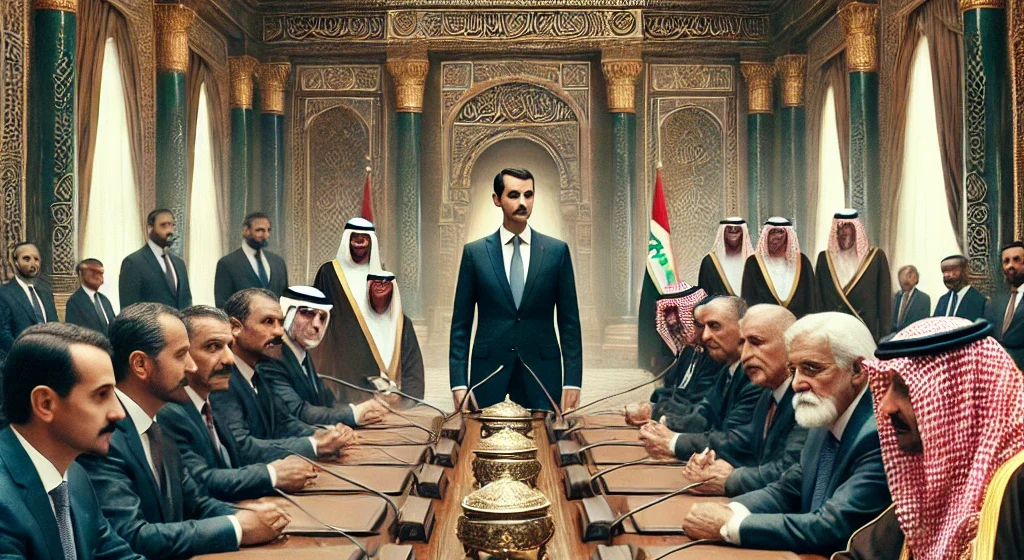In a significant development for Middle Eastern diplomacy, Syria’s Foreign Minister arrived in Saudi Arabia for the first time since the onset of the Syrian civil war. The landmark visit signals a major step in the ongoing efforts to normalize relations between the two countries and reset ties across the region.
This trip, hailed as a diplomatic breakthrough, follows years of strained relations due to Saudi Arabia’s opposition to the Assad regime during Syria’s protracted conflict. The visit underscores the evolving dynamics in the region, as several countries seek to reintegrate Syria into the Arab fold following years of isolation.
“This visit marks the beginning of a new chapter in Syrian-Saudi relations,” said a senior official from the Saudi Foreign Ministry. “We aim to address mutual concerns, enhance cooperation, and contribute to regional stability.”
Key topics on the agenda are expected to include the return of Syrian refugees, the reconstruction of war-torn areas, and counterterrorism efforts. Additionally, discussions are likely to touch upon Syria’s potential reinstatement in the Arab League, a move that would further cement its regional reintegration.
Experts have pointed to Saudi Arabia’s growing willingness to engage diplomatically with Syria as part of a broader strategy to foster stability and mitigate the influence of external powers in the region.
The visit comes amid other significant moves towards regional reconciliation, including Saudi Arabia’s rapprochement with Iran and the resumption of diplomatic ties with Qatar and other Gulf nations.
While the meeting represents a diplomatic milestone, challenges remain. Syria continues to face sanctions, economic hardships, and ongoing conflicts in certain regions, posing obstacles to a full normalization of relations.
The global community is closely monitoring this development, with many seeing it as a litmus test for the future of Middle Eastern diplomacy. As Syria’s Foreign Minister holds high-level talks in Riyadh, the visit could pave the way for a new era of regional cooperation and a departure from years of division and conflict.
This historic trip reflects the shifting sands of Middle Eastern geopolitics and the growing emphasis on dialogue and collaboration to address long-standing issues in the region.


